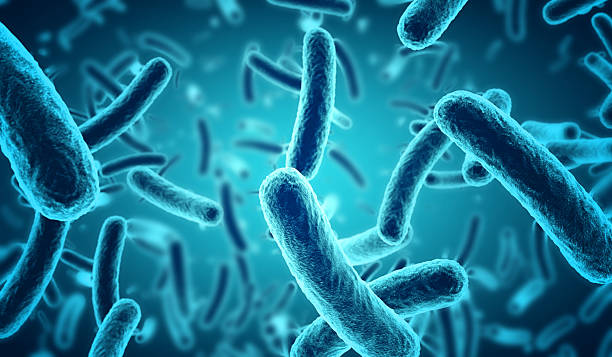ILO approves first international convention on biological threats to workers

The first international convention to protect workers in all branches of economic activity who are exposed to biological threats and who may be injured or become ill as a result was approved at the close of the International Labour Organization's (ILO) annual conference.
In an unprecedented move, this new legal instrument will only require ratification by two countries for it to enter into force.
"This is a historic moment for workers around the world," said ILO Assistant Director-General for Jobs and Social Protection Mia Seppo, announcing the news to the press.

Reheating previously cooked food can spread microorganisms. Photo: iStock
The new standard considers all microorganisms, cells, and cell cultures as potential threats , as well as allergens, toxins, and irritants, including those of plant or animal origin, thus expanding the beneficiaries of protection that until now was primarily intended for laboratory personnel or those in very specific environments.
In a text attached to the convention, which does not carry the same weight as the previous one because it is a non-binding recommendation, it is stated that the sectors covered are health, food production, agriculture, water and waste management, cleaning and maintenance, and humanitarian work.
It also covers the biotechnology and pharmaceutical industries, funeral services, construction, forestry, and transportation.
However, during the ratification process—the process by which a state adopts international regulations—a country may exclude sectors it considers high-risk or critically important, although it must demonstrate that it offers alternative protection mechanisms.
Generally speaking, the new convention will require employers to conduct risk assessments, implement hazard controls, and provide medical surveillance and compensation for occupational diseases, whether infectious or non-infectious (syndromes or inflammations).
Trade unions—which have equal voice and vote at the ILO with employers—have been calling for mandatory regulations on this issue for nearly three decades, but it was the COVID-19 pandemic that brought the issue to the forefront and launched formal negotiations on biological threats. Discussions have continued for the past two years.

Workers. Photo: iStock
The convention stipulates that governments will implement inspection systems to enforce the directives, and will provide technical information and advice to workers and employers.
Likewise, workers will have the right to interrupt their work without unjustified consequences when they have reasonable grounds to believe there is an imminent and serious danger to their life or health.
They will immediately inform their employer and will not be required to return to work until the risk has been eliminated. Another new aspect addressed by the convention is the identification of transmission modes, which include airborne transmission, direct contact, or indirect transmission (water, food, organic materials, bodily fluids, or infected surfaces).
eltiempo


%3Aformat(jpg)%3Aquality(99)%3Awatermark(f.elconfidencial.com%2Ffile%2Fbae%2Feea%2Ffde%2Fbaeeeafde1b3229287b0c008f7602058.png%2C0%2C275%2C1)%2Ff.elconfidencial.com%2Foriginal%2F7c7%2Fcf3%2Fd0a%2F7c7cf3d0a64b399ea284104d1b95a1b4.jpg&w=3840&q=100)

%3Aformat(jpg)%3Aquality(99)%3Awatermark(f.elconfidencial.com%2Ffile%2Fbae%2Feea%2Ffde%2Fbaeeeafde1b3229287b0c008f7602058.png%2C0%2C275%2C1)%2Ff.elconfidencial.com%2Foriginal%2F855%2Fb33%2Fc64%2F855b33c64a9c41de2579798158b3be5d.jpg&w=3840&q=100)
